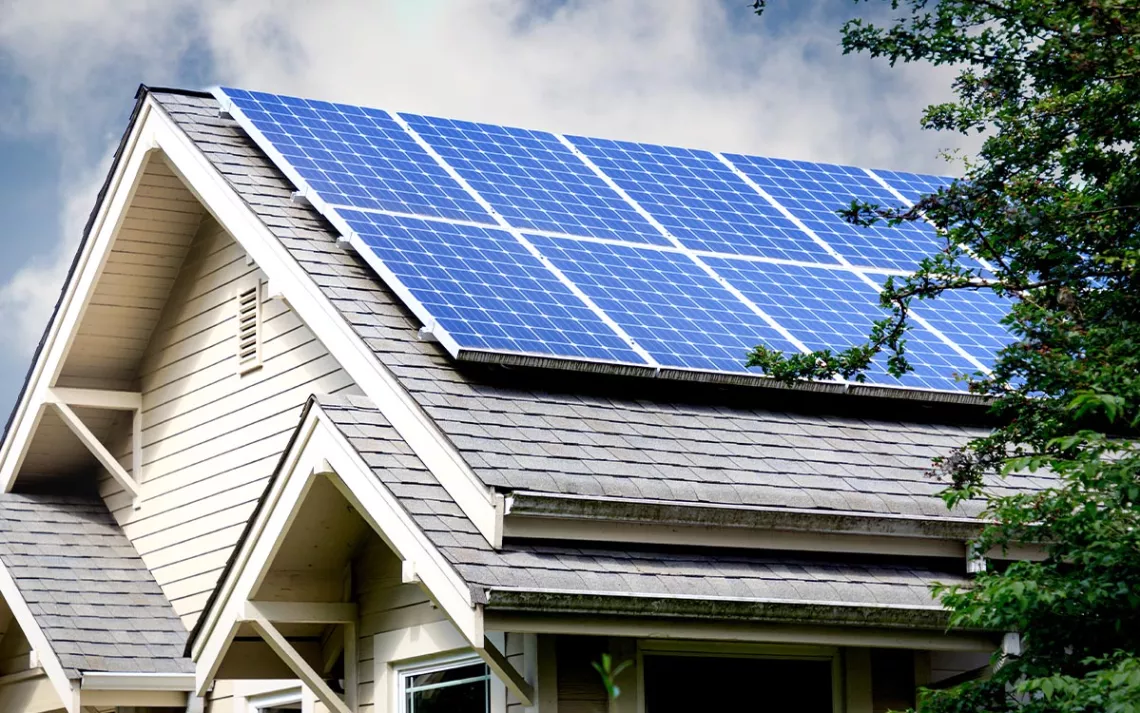With Limited Funds, Is It Better to Buy Solar or an EV?
The answer depends on where you live and what you drive

Photo by Cindy Shebley
Hey Mr. Green,
If one has limited funds, what would you recommend purchasing first: residential solar panels or an electric vehicle?
—Debra in Porterfield, Wisconsin
There is no easy answer to your question because utility rates vary enormously, from under 10 cents a kilowatt-hour (kWh) in several states up to almost 34 cents/kWh in Hawaii. The most efficient hybrids, in comparison, use about 28 cents/kWh per mile, or 3,773 kWh per year, to travel 13,476 miles (that happens to be the distance traveled by an average US car in a year).
In Wisconsin, a kWh for residential power is now 14 cents at the peak rate. In your area, you can install a six-kilowatt solar system for about $12,000 after your tax rebate. This should generate about 7,020 kWh per year, or about $1,000 worth of power.
Your total cost for power to run an electric car is about $539 a year (or $403 if you take advantage of off-peak rates). A gas-powered car that gets 35 miles a gallon would cost you $909 for gas, so the EV would save you $370 to $506 a year on gasoline. If you drive a hulking SUV that gets a lousy 20 mpg, your gas costs shoot up to $1,590.
Keep in mind that the cost of car ownership is high, with a small EV losing about $7,500 a year in value, for the simple reason that cars depreciate. By contrast, your solar unit should last for 25 years or more, only losing a small amount of power each year.
 The Magazine of The Sierra Club
The Magazine of The Sierra Club



